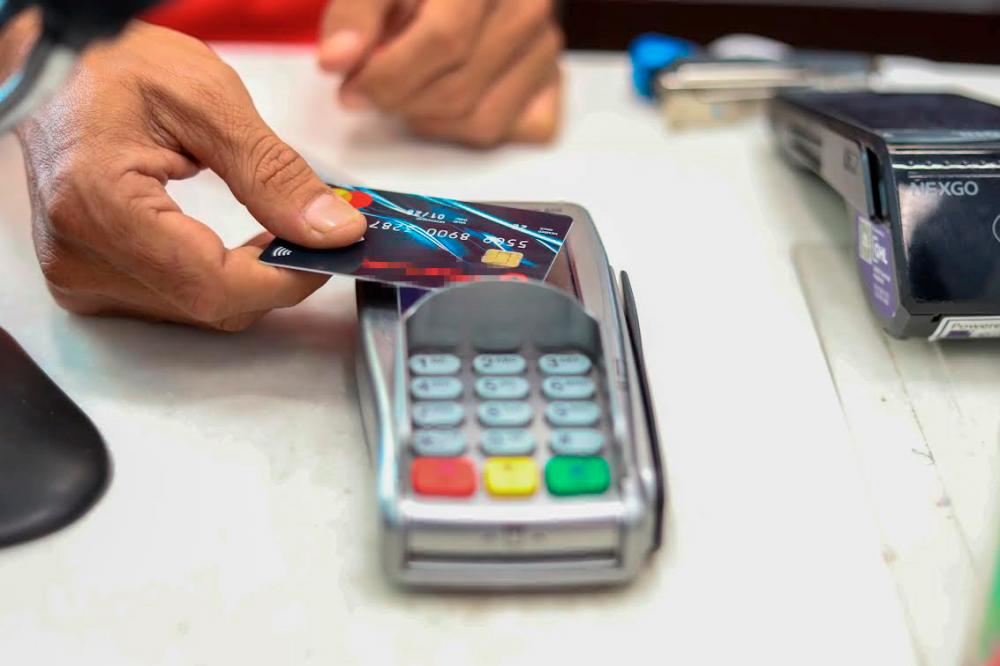PETALING JAYA: While implementing cashless payments in all government health facilities from October is the way forward, economists have cautioned that other issues have to be addressed so as not to inconvenience patients and their families.
Sunway University Business School economics professor Dr Yeah Kim Leng said the integration of cashless payments would be a commendable effort in the country’s transition to a digital economy.
“A cashless system enables the government to improve its health services and seamless integration with government administrative and financial systems, since it guarantees convenience, cost efficiency, traceability and accountability.
He cautioned that such a transition should not neglect rural communities that do not have proper internet access and gadgets to make online payments since hospitals and clinics fall under essential services.
“To accelerate the adoption of cashless payments, the government could pass the digital cost-savings or provide incentives in the form of discounts to consumers as commonly done by digital platforms to entice subscribers or users.
“For rural communities that lack mobile or internet connectivity, it is expected that cash payments will continue as one of the methods until the whole population gets familiar with online payments.”
Universiti Malaya Business and Economics faculty deputy dean Assoc Prof Datin Dr Izlin Ismail said moving entirely towards a cashless system would not be practical as it relies on electricity too.
“Encouraging cashless payments is fine but making it compulsory or the only option is not much of an option because it may be discriminatory to some groups such as the elderly, the less tech-savvy, migrants and refugees and those without internet service.
“If the system or electricity is down then no transactions can be processed, which can be stressful for patients and their families. If technical support is not available, finance staff may not be able to help anyone too.”
Another economist, Manokaran Mottain, said cashless payments would not be a favourable method for all patients in government healthcare as most of them are senior citizens who may not understand online payment systems.
He said even if hospitals provide public Wi-Fi, it is still risky for the public to access their bank accounts using it as hackers can easily steal their savings.
“The advantage is that the whole economy is moving towards a cashless society and digital economy but hospitals are not only receiving youths but also older folk who may not have the knowledge to pay through debit cards, credit cards and e-wallets.
“I would propose that the government continues enabling both cash and cashless payment methods. The government can make people switch to a cashless society gradually.”










